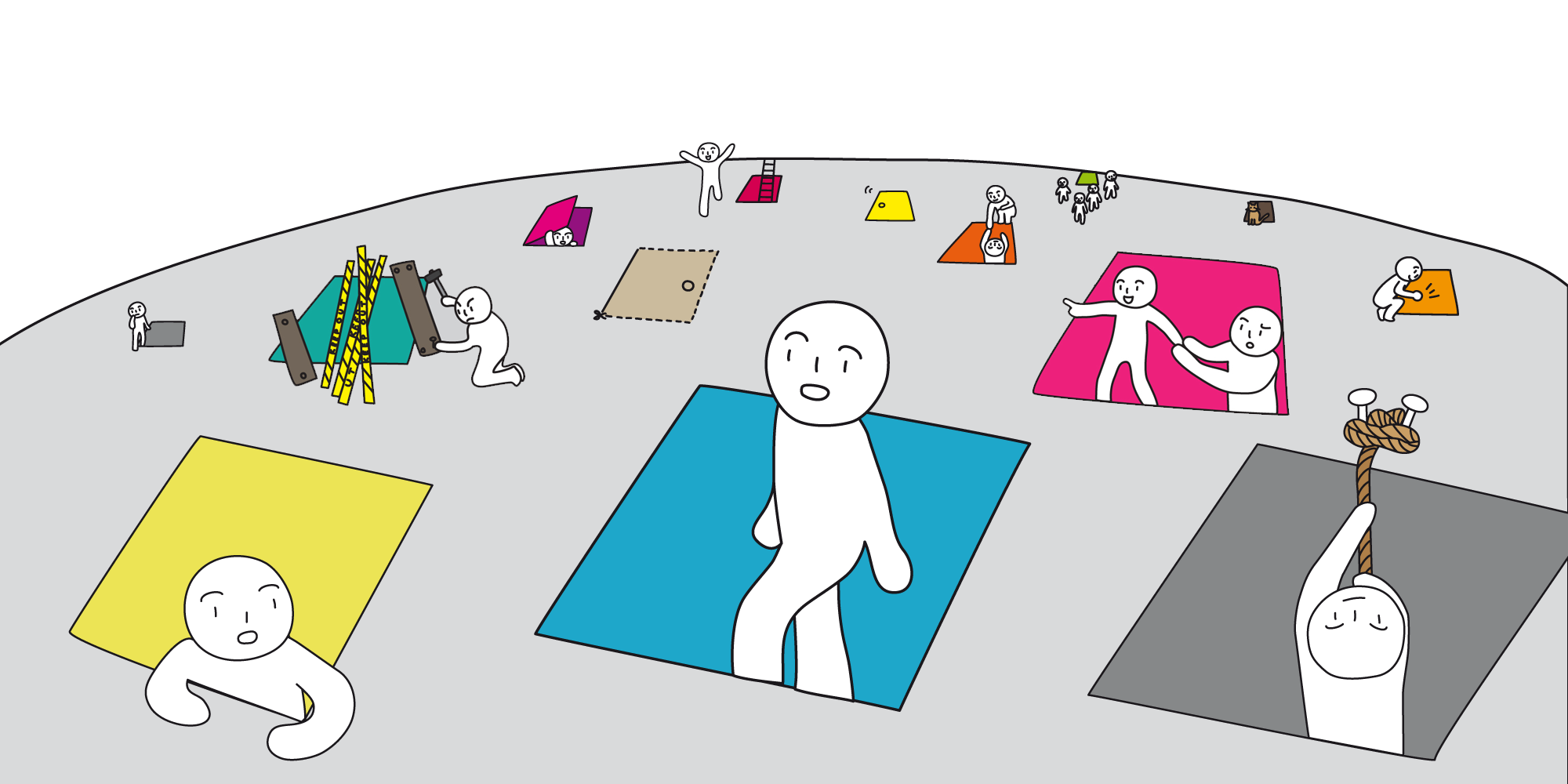Location
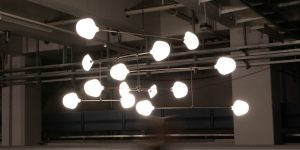
LeveL II
mischer'traxler studio (AT)
LeveL II – a further development of the LeveL – is the fragile balance of perfect system installation.

Deep Quiz
Andrea Aschauer (AT), Jeremiah Diephuis (US), Jürgen Hagler (AT), Wolfgang Hochleitner (AT), Georgi Kostov (BG), Gabriel Mittermair (AT)
*Deep Quiz* transforms the Ars Electronica Center’s Deep Space into an interactive TV-like game show. The application combines physical exercise, group dynamics and learning as an exciting, playful assessment performance that entertains the audience with one central question: just how much do you know?
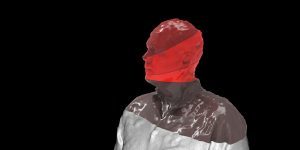
Musiktheater Workshop: Fragments | a digital Freischütz
CyberRäuber (DE)
Opera up close, eye to eye with the main characters: Max must prove himself with a masterly shot to gain the hand of Agathe, the head forester's daughter, and so become his successor. Doubting his skills as a marksman, Max accepts the help of Kaspar, who sold his soul to the devil, to cast seven magic bullets: six of them hit anything the shooter wants, the last one will be directed by the devil...
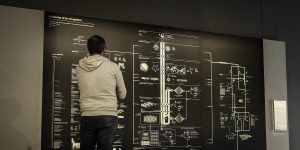
Anatomy of an AI System
Kate Crawford (AU), Vladan Joler (RS)
Anatomy of an AI System is a large-scale map and long-form essay investigating the human labor, data, and planetary resources required to build and operate an Amazon Echo. The exploded view diagram combines and visualizes three central, extractive processes that are required to run a large-scale artificial intelligence system: material resources, human labor, and data. The map and essay consider these three elements across time—represented as a visual description of the birth, life, and death of a single Amazon Echo unit.
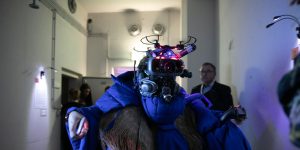
NAMAHAGE in Tokyo
Etsuko Ichihara (JP), ISID OPEN INNOVATION LAB. (JP)
In Japanese folklore, there exists a beast-like deity called the Namahage. NAMAHAGE in Tokyo seeks to reconstruct and implement the NAMAHAGE system in a modern city. It translates and reinterprets for the urban context the ritual's functions, including maintenance of rural community through mutual surveillance, initiation into adulthood, and reinforcement of family bonds.

Panel IV: What is Creativity?
Renata Schmidtkunz (DE), Amanda Cox (US), Hermann Vaske (DE)
Numerous theoreticians, artists and lately also neuro-scientists have tried to unlock the secrets of creativity and in our new economy it has also become a much sought after ingredient for commercial success. So what is it, where does it come from and could it be delivered also by AI-Systems?
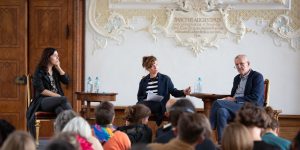
Panel III: Deep Journalism, Information and Misinformation in the age of Artificial Intelligence
Renata Schmidtkunz (DE), Walter Ötsch (AT), Marta Peirano (ES)
Which potentials and risks does the increasing automation and handling of information processes entail? Can we develop sensitive strategies for our data in digital space?
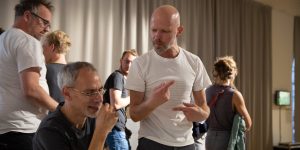
Introduction to Posthuman Aesthetics
Mindaugas Gapševičius (LT/DE)
Installation with devices and videos (2016-2019) These toolkits invite their users to carry out scientific experiments on a DIY level and be able to introduce their simplified, accessible versions to a broader community. The prerogative is to render and outline methods for independent research, opening the black box of empirical experiments to individuals across disciplines. Whether framing the discussion of political, economical, or cultural issues, the toolkits question the creativity of non-humans and do not presume humans to be the only creative force at work.
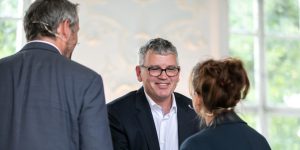
Panel II: AI, more than a technology
Renata Schmidtkunz (DE), Markus Poschner (DE), Douglas Eck (US), François Pachet (FR)
AI is expected to open many new possibilities for creators, not replacing them but assisting and supporting their work. Even more so we see big expectations for the businesses related to the distribution of music. What are the consequences and implications? What kind of new business models can we expect? How will this affect the artists?
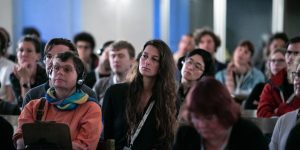
Panel I: Homo Deus
Renata Schmidtkunz (DE), Josef Penninger (AT), Sophie Wennerscheid (DE)
Renata Schmidtkunz hosts four panel discussions in the summer refectory, prominently featuring Josef Penninger, Sophie Wennerscheid, Oliviero Toscani, Amanda Cox, Markus Poschner, and others. The topic is dedicated to the role of science and research, which initially had to confirm a religious view of the world, then was subordinated to economic rationality, and now, in the dawning age of AI, is reorienting again. Social acceptance in relation to current AI research will be discussed. Another focal point of the panels will be the new artistic possibilities opening up due to AI applications, which also lead to a variety of novel business models or issues with copyright regulations.
